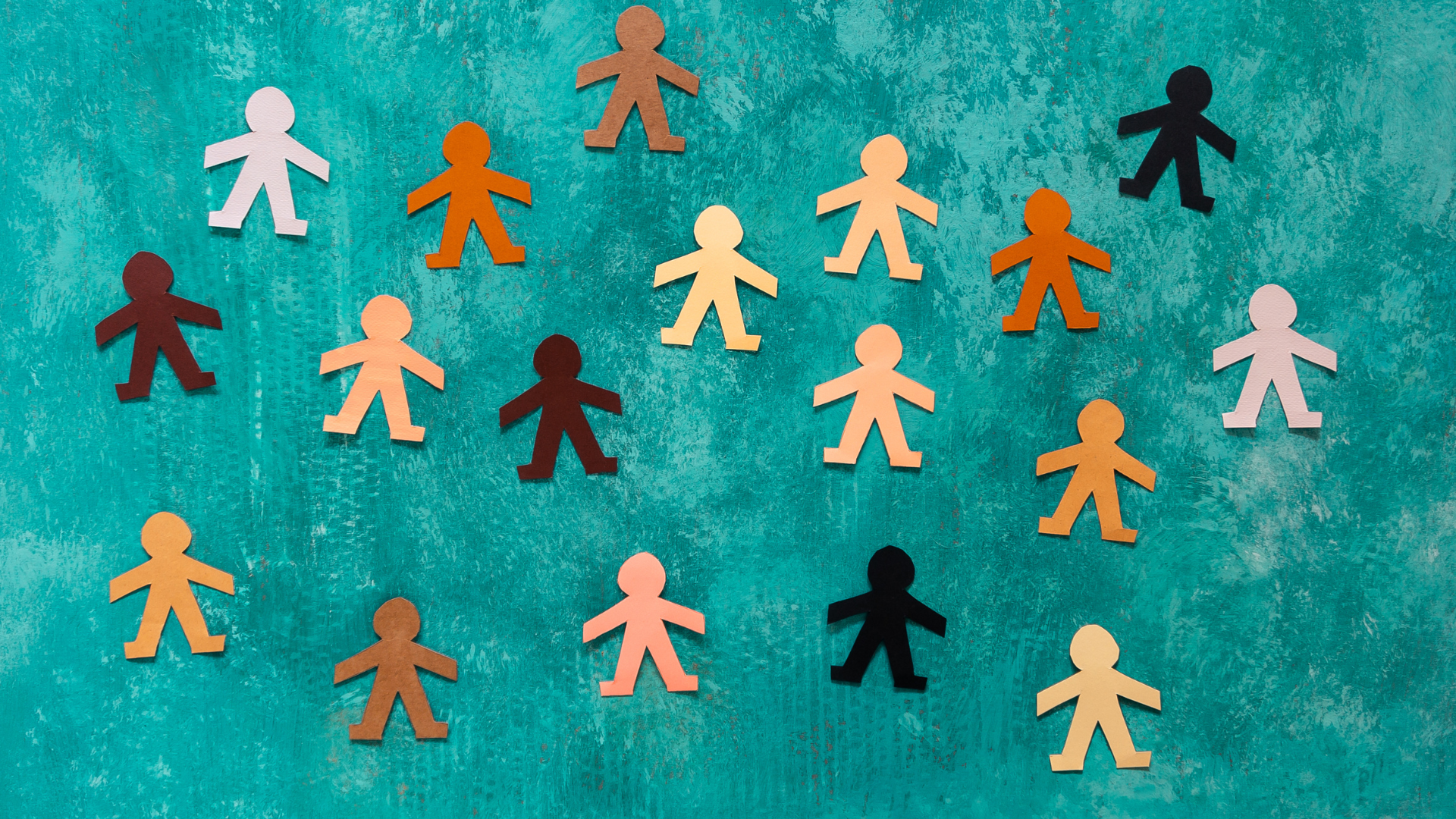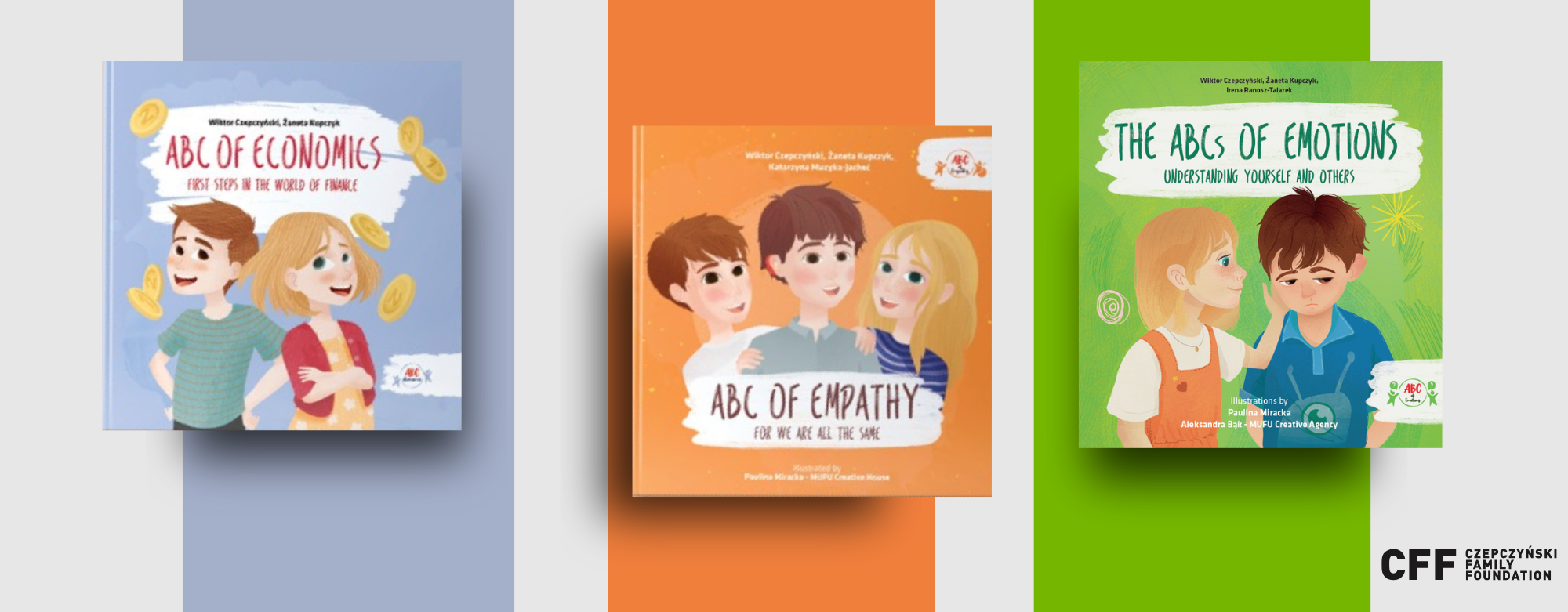Eurochild joins discussion on Education and Migration in the European Parliament
Education is the key to inclusion. No child should be left behind, if we want to foster a prosperous future of Europe.
According to the 1951 UN Refugee Convention, states have committed to provide access to education to every child, regardless of his or her migratory status. However, crossing the doorstep of a school is not enough. For an educational experience which is of quality and for an integration process that benefits future societies, Europe should put the rights and needs of migrant and refugee children at the centre of any initiative. The rising xenophobia and nationalist rhetoric observed across Europe today pose a real threat to the inclusion process. No child should be left behind, if we want to foster a prosperous future of Europe. Education is the key to inclusion.
This was the final event of the EU funded project ‘European Sectoral Social Partners in Education promoting effective integration of migrants and refugees in education’ led by ETUCE and EFEE. This 2-year project aimed at promoting successful methods of migrant education in schools as well as evaluating current policies and practices, with a view of addressing a concrete set of proposals and recommendations for national member organisations and governments. Participants reflected on the achievements and needs of all those involved in the educational inclusion of newly arrived migrant and refugee children: teachers, trainers, school leaders, and all other education personnel, education authorities and education employers and trade unions.
Many Eurochild members are fighting for the rights of migrant and refugee children so that they can have a decent childhood. Some members provide direct services including education and psycho-social support, others advocate to their governments and EU institutions for integrated policies. Agata D’Addatofrom Eurochild Secretariat contributed to the panel discussion and stressed that the key challenge is ensuring education systems becomes engines of inclusion – “education is currently set up to exclude” with an emphasis on performance & results without sufficient focus on classroom environment, social & emotional learning. Maybe there is a need to refocus on Article 29 of UNCRC which is about the holistic development of the child – personality, talents, etc. A child centred approach to education that takes into account the individual needs of children is essential.
Education policies for migrant and refugee children should be considered in the wider social inclusion and human rights framework, addressing not only migrant children themselves, but also their environment and families.In this regard, a holistic approach to the education of migrant and refugee children should take in account other factors that closely linked to social exclusion such as discrimination, labour, health and housing disadvantages.
Inequality can be best addressed in childhood. Eurochild believes that provision of universal early childhood services is the best way to ensure that all children have a fair start in life. Affordable, accessible and high quality services must be available for all, with additional support and targeting for the most disadvantaged in society. This is the best and most efficient way of promoting inclusion and diversity from an earliest age. Enrolment of migrant and minority children in early education services, in additional to high quality family support, health, child protection services can dramatically reduce educational disadvantage when children enter the formal education system.
Eurochild also stressed the importance of fighting against stereotypes and judgement based on perceptions at school, which may lead to discrimination, prejudice and bullying as refugee and migrant children are seen as different. Teachers are not always sufficiently equipped to promote multiculturalism and openness to diversity. Workforce competence & professionalization, including knowledge, skills, practices, values, behaviours and attitudes, are crucial aspects.
To learn more, please read the research report and the documentary produced by ETUCE – European Trade Union Committee for Education (subtitles will follow in FR, RU, IT, DE).
Please note that Eurochild is supporting as a partner an innovative programme for schools – the so called ICAM programme funded by the Erasmus+ programme, which aims at including children who affected by migration in one way or another (they may be asylum seekers, refugees, economic or social migrants, children left behind by parents migrating to work in other countries). ICAM has been successfully trialled in 52 schools in Spain Italy Romania and the UK. The new phase of the ICAM project is about developing models for the dissemination of the programme at local county or city level over the next 12 months. We are looking for interested education authorities to join us in this development either to help develop the models or to trial them in their schools. Please contact us should you be interested.





